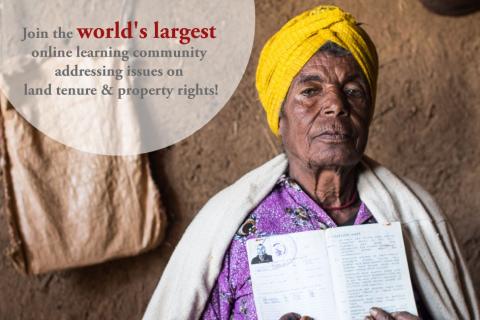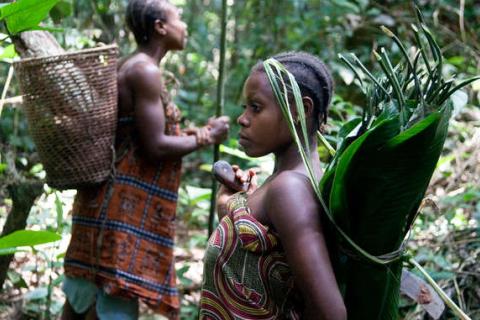Neil Sorensen joined the Land Portal as its Communications Specialist in October 2015. He has extensive experience leading communications for international organizations and developing relationships with civil society, donors, intergovernmental agencies, the media and the private sector. Previously, Neil worked for the International Fund for Agriculture Development (IFAD) as a Governing Bodies Officer and Strategic Adviser to the Secretary of IFAD. He has also led communications for three international organizations, including the International Land Coalition, the International Federation of Agricultural Producers (IFAP) and the International Federation of Organic Agriculture Movements (IFOAM). He holds a Master’s degree in Global Diplomacy from the University of London School of Oriental and African Studies (SOAS) as well as a Bachelor’s degree with a double major in German and Sociology from St. Cloud State University.
Details
Location
Contributions
Displaying 871 - 880 of 1144UK Land Policy Forum
The fourth UK Land Policy Forum will take place at the Overseas Development Institute on 26 April, 1:00pm – 5:00pm.
For those planning to join in person:
USAID Land Tenure and Property Rights Course
DESCRIPTION
Rights to land and resources are at the center of our most pressing development issues: poverty reduction, food security, conflict, urbanization, gender equality, climate change, and resilience. Secure Land Tenure and Property Rights (LTPR) create incentives for investment, broad-based economic growth, and good stewardship of natural resources.
The human cost of Rio's growth
"I would come back to live here if I could," said Altair Guimarães, plucking a guava from a fruit tree that survived the re-development of Rio de Janeiro's once-thriving Vila Autodromo community, all but razed by the 2016 Olympics project.
Guimarães, 61, was evicted from his home two years ago and today the trees, a church and two rows of small white houses are all that remain of the neighbourhood on Rio's western fringe.
Eight reasons why tribal people are great conservationists
By Lewis Evans, Survival International
For Earth Day (April 22), Survival International reveals some of the amazing ways in which tribal peoples are the best conservationists and guardians of the natural world:
1. The Baka “Pygmies” have over 15 words for elephant
The Baka people know so much about elephants, they have different words for them according to their sex, age and even temperament.
Webinar: Using Tools to Advance Transparency in Land Investments
|
Wednesday April 26, 2017 | 09:00 AM - 10:00 AM EST MC I 10-450, 1818 H Street, Washington DC & Webex |
Mtandao wa Vikundi vya Wakulima Tanzania
Mtandao wa Vikundi vya Wakulima Tanzania (MVIWATA) is a national farmers organisation which brings together small holder farmers from all regions of Tanzania in order to have a common voice to defend economic, social, cultural and political interests of smallholder farmers. Founded in 1993, MVIWATA aspires to empower smallholder economically and socially farmers through capacity building and undertake lobbying and advocacy especially by strengthening their groups and networks, facilitating communication and learning so that they are capable of defending their interests.
Brazilians Dislike Tax Paid to Royal Descendants
The Brazilian city of Petropolis is known for its 19th century buildings and its Imperial Museum. The museum includes the summer home of Brazil's last ruler, Dom Pedro II.
But many people who live in Petropolis are upset about having to pay a special property tax linked to the country’s former rulers.
The tax is known as laudemio. It takes 2.5 percent of the value of real estate deals. The money from the tax goes directly to the descendants of Dom Pedro II, more than one hundred years after he was ousted.
South Africa: Justice and Land Rights
Putting land at the heart of radical economic transformation – a perspective from the ground











